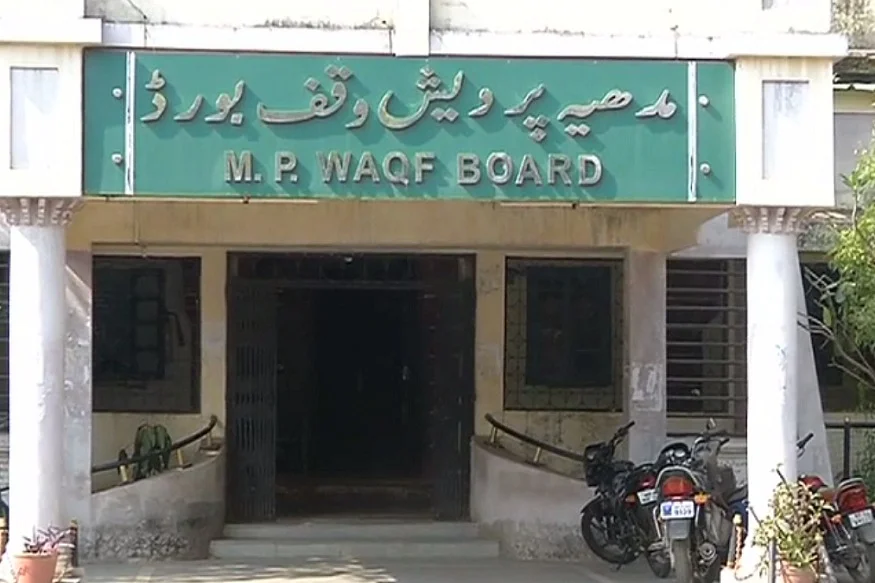
Dr. Shujaat Ali Qadri
Muslims in India are privileged for a variety of reasons of special purposes, including community and private rights. For this, Waqf Board is working for property, National Minorities Finance Development Corporation for financial development, Minorities Commission for Human Rights, Maulana Azad Foundation for educational upliftment and rights of backward class Muslims. Similarly, the offices of this mood working in the states are also working day and night for the development and upliftment of Muslims.
Today in our first series we will talk about what is the intention of Waqf? What kind of provisions are there for Waqf in India and how much information is there related to Waqf Board which should be clear in front of Muslim society.
According to Islamic fiqh (judicial interpretation), waqf means irrevocable (that which cannot be taken back). The practice includes donating a building, plot of land, or other property for Muslim religious or charitable purposes. A charitable trust can hold donated property. A person who makes such a donation is known as a waqif (giver). According to the Merriam-Webster dictionary, waqf means “an Islamic endowment of property to be held in trust and used for a charitable or religious purpose” and “a Muslim religious or charitable foundation created by an endowed trust fund”. It was introduced by the Ottomans in Turkey, and later under the British Mandate of Palestine, the waqf became a state defense board that could use it for welfare purposes. Learning from the Ottomans, the British Raj brought it first to Egypt and later to India.
Today waqf is defined in many forms in India. The Central Waqf Council is run by the Government of India. Under it, the government. also runs 'NAWADCO' i.e. National Waqf Development Council, established in the year 2013. Similarly, the Waqf Boards of the states also work under different laws. Waqf Board purely looks after the work of protection and development of Waqf properties of Muslims. It could also be a source of human willpower, whether it works better in one State and does not works properly in another.
Central Waqf Council
In the light of the Waqf Act 1954, the Central Waqf Council was constituted in 1964 under the Ministry of Minority Welfare, Government of India. Later it was made under a sub-section of the Waqf Act 1995. The function of the Central Waqf Council is to advise and develop the efficiency of the Waqf Boards of the State. It is headed by the Union Minority Minister, who is advised by 20 other members. They are appointed by the Government of India.
Justice Shashvat Kumar in a report in the year 2011 said that the Waqf Board in India (as per the 2011 census) has a land bank of 1 lakh 20 thousand crore rupees, from which annual revenue of 12 thousand crores can be obtained, which can be spent for the betterment of the society.
In many states, the Board’s progress is recorded well, for example, Waqf Board of Haryana recorded a great value of earnings in 2011. Right now the Chairman of Rajasthan Waqf Board, Dr. Khanu Khan Budhwali has got many Waqf properties vacated and he is continuously working on the campaign to remove the encroachments from the Waqf properties. The Waqf Council of India also has financial powers which we will mention in the next article.
Also Read: Pathan women fought for the Indian Independence
(The writer is a freelance journalist and Muslim community leader)
